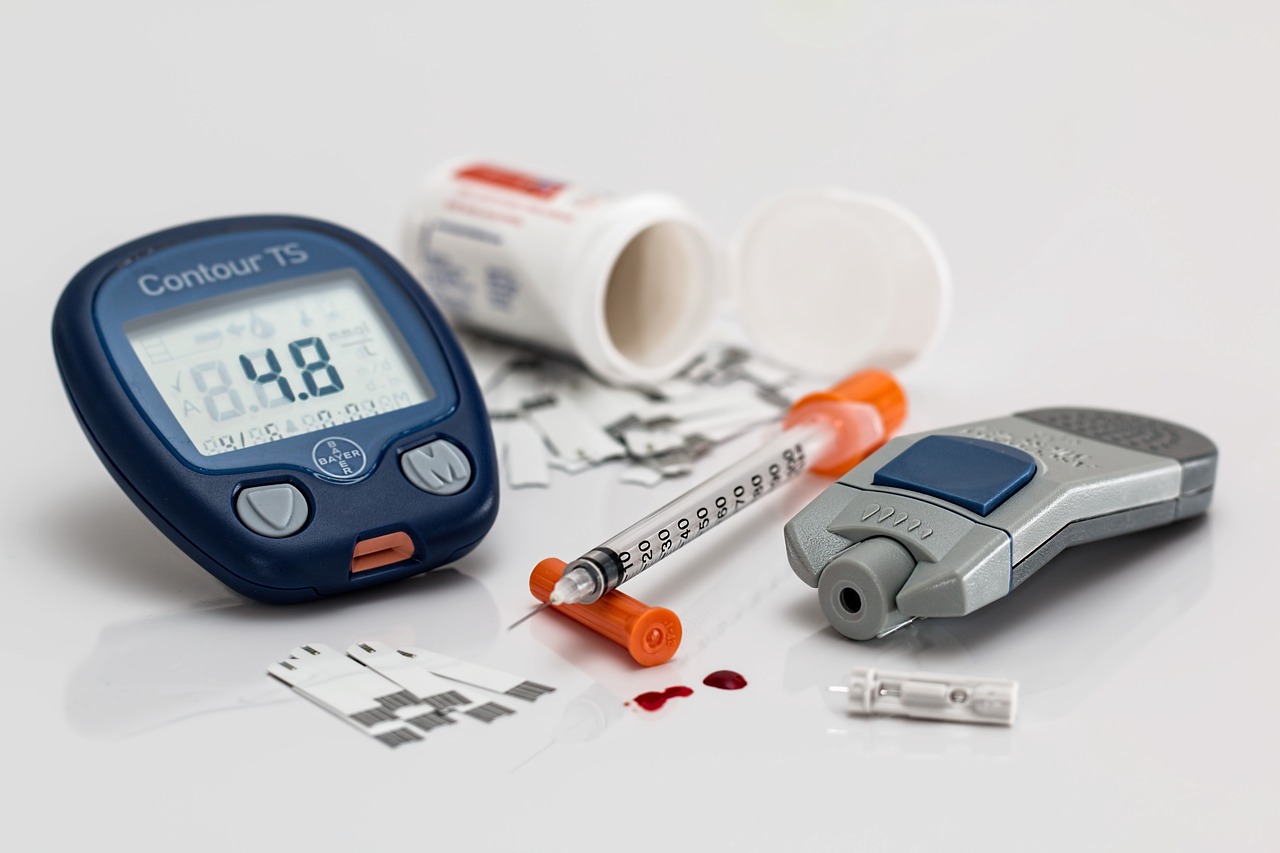Today, we join the rest of the world in celebrating World Diabetes Day under the theme “Access to Diabetes Care.” The purpose of this theme is to focus on the prevention of type 2 diabetes and diabetes-related complications.
Diabetes is a chronic disease that occurs when the body does not produce enough insulin or when the body cannot use the insulin it produces effectively. Insulin is a hormone that regulates blood glucose or blood sugar. Diabetes leads to major health complications such as blindness, heart attacks, strokes, kidney failure, and lower limb amputation.
One in ten people worldwide, currently live with diabetes. In 2021, 537 million adults had diabetes. Diabetes was responsible for 6.7 million deaths in 2021 worldwide – 1 every 5 seconds. In Ghana, 329,200 adults out of a population of 16,732,900 adults had diabetes with a prevalence rate of 2% in 2021.
Living with diabetes can be challenging. However, as your trusted pharmacy, we are here to support you in managing your diabetes with the right medications and expert advice on lifestyle modifications to enable you to lead a long, healthy, and balanced life. In this article, we highlight lifestyle changes to help you manage your diabetes.
DIETARY CHANGES
Healthy eating plays a major role in managing diabetes. The type of food you eat, the quantity and the combinations of foods you eat affect your blood sugar. Eat a balanced diet of starches, proteins, fats, fruits and vegetables. Reading food labels can help you make healthier food choices. Reduce your
portion sizes to help reduce your calorie intake.
Carbohydrates affect your blood sugar the most because carbohydrates are converted to sugar. Reduce your portion sizes, know the amount of carbohydrates in your food, and try to eat the same amount of carbohydrates for each meal especially if you take insulin.
Decrease your intake of foods that are high in sugar such as sweetened drinks, fruit juice and cake. Decrease your fat intake, especially saturated fats found in foods such as pastries, spring rolls and fatty pork. Eating less processed meats like hot dogs and consuming lean meat like skinless chicken and turkey help reduce your saturated fat intake.
Increase your intake of dietary fibre. Foods high in fibre include whole grains, beans, vegetables and fruits. These foods are low in carbohydrates and help control your blood sugar. Speak to your doctor or dietician about the best foods to eat in addition to your medications to help control your diabetes.
WEIGHT LOSS
Losing 5% to 10% of your body weight can significantly reduce your risk of developing diabetes. Weight management helps control diabetes and reduces the risk of complications if you already have diabetes. Being overweight increases your risk of cardiovascular disease which is a leading cause of death in people with diabetes. If you are obese or overweight, aim to lose weight gradually till you achieve a healthy BMI range of 18.5 to 24.9. Increased physical activity and eating a healthy diet with fewer calories would help you lose weight.
EXERCISE
Regular physical activity helps to control diabetes by decreasing blood sugar. It is recommended that most adults should have 150 minutes of moderate-intensity aerobic physical activity. Aim for 30 minutes of exercise on most days such as brisk walking, jogging, cycling and playing football.
Check your blood sugar levels before, during and after exercise. This is very important if you take insulin or medications that decrease blood sugar. Stay well hydrated when exercising and be conscious of signs of hypoglycaemia (low blood sugar) such as increased sweating, lightheadedness, irritability, hunger and confusion.
Speak to your doctor if you have not engaged in exercise for a long time and about the best type of exercise for you.
MANAGING STRESS
Stress increases your blood sugar levels and can cause insulin resistance making diabetes difficult to manage. Being stressed and anxious can lead to bad food choices, overeating, increased alcohol intake and poor sleep quality which affect your blood sugar levels. Stress increases your risk of developing complications of diabetes such as stroke and hypertension.
Manage stress by exercising, getting good quality sleep, taking time off work to relax and psychotherapy.
ALCOHOL
Alcohol adds excess calories to your daily intake. Consuming alcohol can lower your blood sugar levels and affect your diabetes medications. It can also worsen diabetes complications such as nerve damage and eye complications. Avoid alcohol if you can. If you decide to drink, speak to your doctor.
Moderate alcohol consumption is defined as no more than one drink a day for women of any age and men over 65 years old and two drinks a day for men under 65. One drink equals a 12-ounce beer, 5 ounces of wine, or 1.5 ounces of distilled spirits.
Check your blood sugar levels before you drink and be aware of signs of low blood sugar.
References
www.who.int.com | www.diabetesatlas.org | www.idf.org | www.webmd.com | www.mayoclinic.org | www.heart.org | www.diabetes.co.uk




